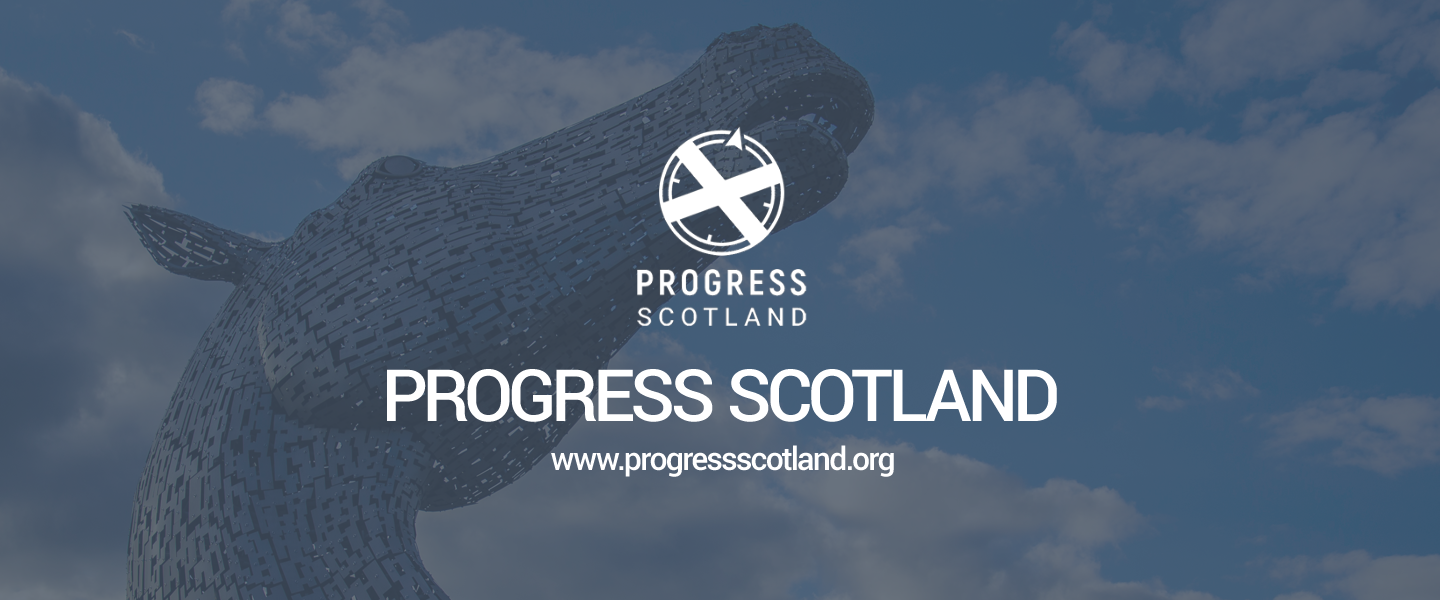
14 - 12 - 2019 / Update
HERE ARE 10 KEY THINGS WE HAVE LEARNT IN 2019
While polls measuring binary attitudes to independence showed the race now standing at 50/50, Progress Scotland has been busy identifying and understanding those voters who are undecided on the issue.
Here are 10 key things we have learnt in 2019:
Size of undecided cohort
1. When we ask about attitudes on a scale rather than as a binary question, nearly 20% of voters do not have firm positions, scoring themselves 3-7 on a 0-10 scale.
Brexit
2. The issue of EU membership is a far more significant factor in determining attitudes to independence than it was during the first referendum in 2014; 22% of voters put EU membership in the top two or three issues which determined their vote in 2014. Now, that figure is 43%, making it the single most important issue for voters in another referendum.
3. Among our undecided cohort, over half (52%) now say that Brexit has changed their view on independence; this rose from 45% in our first poll in March. Furthermore, analysis of those who are undecided and who have had their minds changed over Brexit, 46% had voted ‘No’ in 2014 while 25% had voted ‘Yes’.
4. Further, there has been an increase in the proportion of undecided voters who report that they would be more likely to support independence, with nearly 6 in 10 (59%) now reporting this, up 3 percentage points from our first poll in March.
Powers and question
5. In terms of the location of powers broadly, around two-thirds (62%) of voters agree with the statement that ‘control over all decisions affecting people in Scotland should be made by the Scottish parliament/government, regardless of which political party is in power’.
6. And in terms of specific powers constitutional powers, the majority of want the Scottish government to have power over whether or not there should be another referendum (58%), the timing of any referendum (58%) and the question to be asked (62%).
7. When it comes to the wording of the question in any future referendum, voters overwhelmingly found the phrasing of the 2014 referendum question ‘clear and easy to understand’ (87%), ‘fair’ (81%) and ‘would be satisfied if that question was used again’ (77%).
8. There is very little public support for independence being achieved without a referendum with only 5% supporting this route; instead the vast majority think that achieved should only be achieved through a referendum with a straight 50% of the cote (42%) or with a two-thirds majority (40%).
The Future
9. The majority of voters think that Scotland will become an independent country with only a third thinking that it will never happen. Among only those with an opinion on the issue, 63% think Scotland will become an independent country while 37% do not think it will happen.
10. Among those with an opinion, four in ten ‘No’ voters from 2014 (39%) think Scotland will be an independent country, with 22% thinking it will happen in the next 10 years; this view is held not only by SNP supporters, with half of Labour voters (51%), 43% of Liberal Democrat voters and even a quarter (26%) of those who voted Conservative in 2017 believing that Scotland will be independent in the next 10 years.

